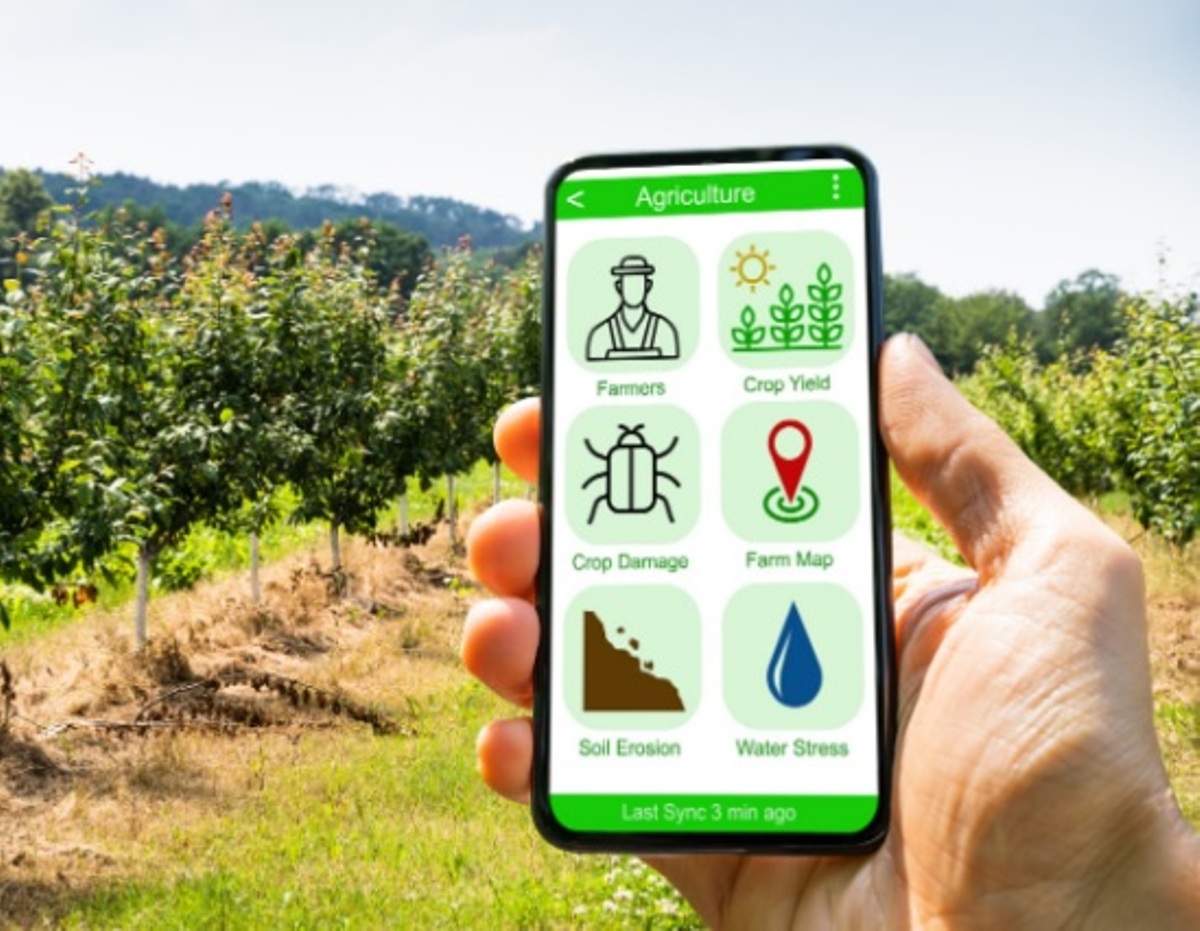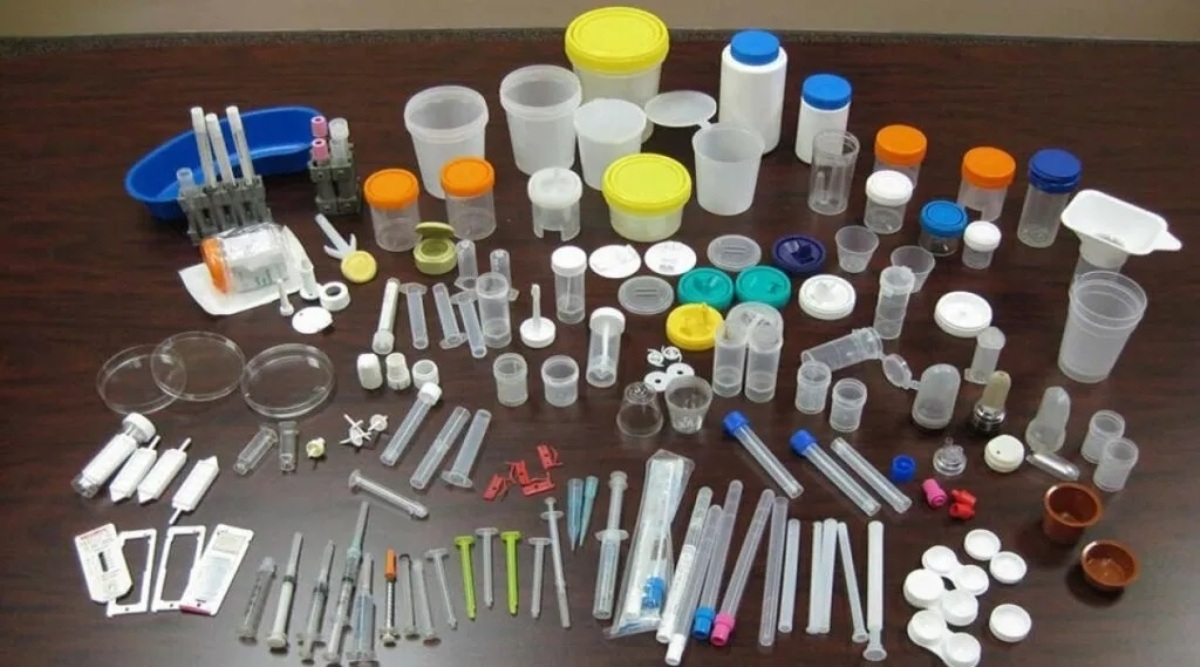
The global market for rheumatoid arthritis treatments is expected to grow at a CAGR of...
Learn More
Our consulting solutions address company specific challenges with respect to micro environment...
Learn More
Organizations frequently need day-today research guidancein order to gain strategic...
Learn More
Exploring different areas of market research and market analysis is a key factor...
Learn MoreAcute Market Reports presents the most extensive global business research services across industries. Our research studies focus on potential outcomes, benefits, and risks associated with each market segment across geographies. Having served our global clients for more than 10 years, our prime priority is to enable our clients in making well-informed business decisions through a data-driven, analytical, and uncomplicated research approach.
We provide access to the world's most comprehensive, analytical, and updated business intelligence services and solutions.




The smart crop mobility market is expected to grow at a CAGR of 13.6% during the forecast period of 2025 to 2033. Smart crop mobility market encompasses innovative solutions designed to enhance the efficiency and effectiveness of crop transportation ...
Read More
The collaborative robotic joint module market is expected to grow at a CAGR of 6.5% during the forecast period of 2025 to 2033. Increasing demand for collaborative robots (cobots) in various industries such as manufacturing, logistics, and healthcare...
Read More
The laboratory plasticware market is expected to grow at a CAGR of 4.8% during the forecast period of 2025 to 2033. Laboratory plasticware market encompasses a wide range of products designed for use in various laboratory environments, including acad...
Read More




